Kimberly Bright - Vinyl Stories
by Dave Goodwin
published: 14 / 6 / 2019
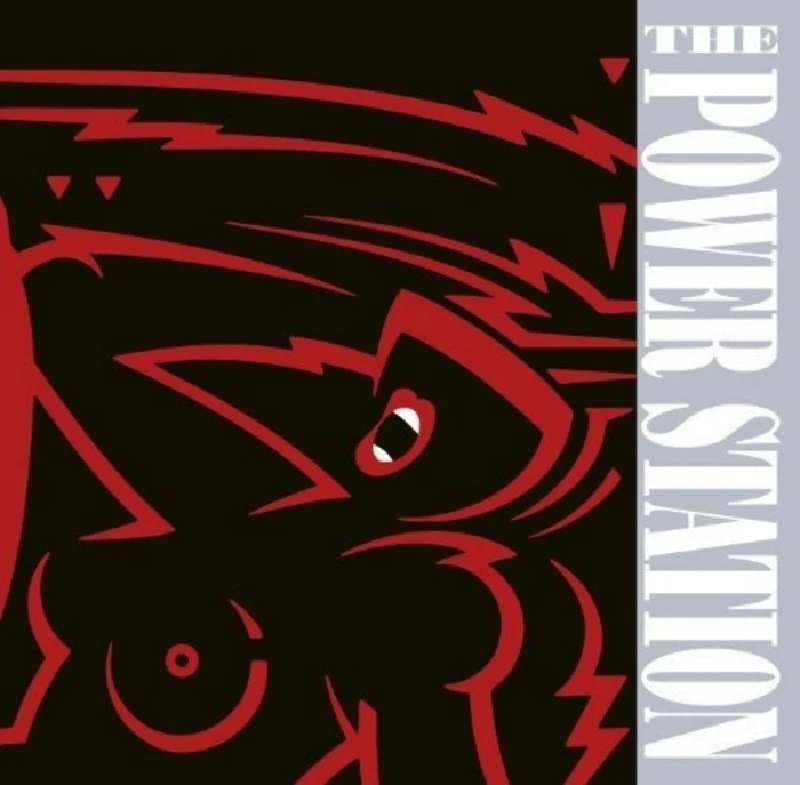
intro
Kimberly Bright talks to Dave Goodwin in his column 'Vinyl Stories' about the appalling local record store of her youth.
Over the years we have done some really sad, funny, informative and downright cheeky Vinyl Stories. This month, I fear, will be the Vinyl Stories to out story all Vinyl Stories. It involves one of our fellow colleagues and an extremely talented writer indeed, who comes all the way from Indiana in the United States. This story is actually the kind of thing I had in mind for the very first Vinyl Stories we did, but we have gone off on all sorts of tangents ever since! I don't want to tantalise you any further and give the game away, so without any ado this is this month's Vinyl Stories which is from the most excellent Kimberly Bright. "I’ve always felt a stab of envy toward people who have glowing stories about their hometown independent record stores, the ones that act as cultural centres, meeting places, and pilgrimage sites for music fans. D & R Music House was not that kind of shop. I would argue that my hometown record store was probably the worst one in existence this side of the Iron Curtain. In the pre-Walmart days little shops like D & R survived in the business districts of small towns only because of a lack of nearby competition and a captive market of shoppers who couldn’t drive somewhere else. It was opened in 1963 at 115 West Main Street downtown Lebanon, Indiana and named after co-owners Daniel and Roberta, with another similar shop in an adjacent county. Aside from the short-lived Rags ‘n’ Records in the early ‘70s, complete with a beaded curtain in the doorway, a fog of incense, and racks of distressed denim, and one K-Mart on the outskirts of town, there was nowhere else to buy records in town. The less than prosperous town, built around light industry and farming, only had a population of a little over 11,000, many of whom lived barely over the poverty line and didn’t have much disposable income. By the time I was permitted to ride my bike downtown in the early ‘80s, the store had been there for nearly two decades, and much of the merchandise, displays, and other fixtures looked like they had been there since day one. There was rarely any music playing, unless a customer wanted to hear a single before buying it, so the predominant sounds in the large establishment were the buzz of dim fluorescent lighting hanging from the stained chipped drop ceiling tiles, maybe a muffled chord from a music lesson in one of the claustrophobic instruction rooms, and loud, echoing footsteps on the asbestos tiled floor. On a sun-faded dusty display near the entrance was another clue that the stock hadn’t been rotated in years: a white leatherette eight-track carrying case emblazoned with a dancing biracial couple in bell-bottom jeans dancing under a rainbow...in 1982. Along two pegboard walls were guitars (usually Yamaha), basses, mandolins, banjos, and keyboards. I hesitate to include drums on the list, because there was one lone no-name basic drum kit in one of the unlighted display windows that remained unsold until the shop closed in 1989. The store itself was cavernous, so big that it is now a gun shop and shooting range. On the back wall near the claustrophobic instruction rooms were a few racks of sheet music, including the prominently displayed yellowing copy of 'Through the Eyes of Love (The Theme from Ice Castles)' and The Beatles’ 'Greatest Hits'. Most of D & R’s business was from renting instruments to the local public schools’ marching bands and giving music lessons for guitar, accordion, banjo, piano, and mandolin. The middle of the store contained the vinyl section, with one side entirely devoted to albums of standards, big bands, jazz, swing, and crooners, and the other grudgingly given over to pop music. Daniel was still in his forties in the 1980s but with his suits and sweater vests, and his disdain for rock, pop, and country music, he seemed ancient and grumpy. When I briefly took music lessons from him, he insisted on using a book of Broadway show tune arrangements. At least he was better than the first instructor I was assigned there -let’s call him Billy- who chain-smoked throughout the lesson, wore muddy work boots and denim overalls, and basically looked like an extra from 'Deliverance' rather than a variation of the Rex Smith character from the movie 'Sooner or Later' I had hoped for. Roberta, on the other hand, was friendly and easy-going, and impishly convinced shy people to sing snippets of songs they were trying to find. On the other side of the vinyl display were pop albums, including the odd new release or an obvious top seller like 'Thriller', mixed with seemingly random and weird items from artists’ back catalogues, and the Top 40 singles labeled by chart ranking. One learned very quickly to not buy albums there unless it was an emergency, because they were frequently warped or badly scratched, rumoured to be factory seconds, bought wholesale for $3 and sold for $10. I learned this lesson the hard way with my first copy of The Police’s 'Zenyatta Mondatta', but that didn’t stop me from going on to buy 'Ghost in the Machine' and 'Synchronicity', plus Bruce Springsteen’s 'The River', Olivia Newton-John’s 'Greatest Hits, volumes 1 and 2', ABBA’s 'Greatest Hits', the Beatles’ 'Rock ‘n’ Roll Music' compilation, Rick Springfield’s 'Success Hasn’t Spoiled Me Yet', Cyndi Lauper’s 'She’s So Unusual', Paul McCartney’s 'Tug of War', Cheap Trick’s 'Live at Budokan', Power Station’s 'Power Station', The Firm’s 'The Firm', and 'The Breakfast Club' and 'Purple Rain' soundtracks. To my sadness, Roberta could not or would not order imports. The week’s Billboard Hot 100 chart was tacked to the wall near the album racks, illuminated by a window panel in the side door, the sun shining always directly onto the crucial top twenty column. This was my weekly pilgrimage, when I could get away from a raging drunk mother, an abusive older sibling and innumerable school bullies, and buy another two songs on a 7-inch vinyl record that lifted my mood and gave me hope that I would someday escape that town. The singles were guaranteed to be brand new and therefore safe to buy, but Roberta didn’t seem buy many copies of each. If a song like 'When Doves Cry' was new and especially popular, it remained sold out for a week, forcing me to try to tape the song off the radio. When I asked her to order a copy of Dolly Parton’s long out-of-print 'Jolene' single, I suspect it arrived quickly because there was still one in the back room storage area somewhere. The closest thing to a record signing D&R had was when Engelbert Humperdinck was at the imposing county courthouse across the street defending himself in a $800,000 lawsuit brought by Starlight Musicals theatre after he had cancelled a show due to illness (the all-female jury found in his favour). There was a run on Humperdinck’s records at the store, which court spectators brought to the trial proceedings every day in the hopes that he would stop and sign them. A determined hairdresser jumped into the creaky, prehistoric elevator with Humperdinck and his legal team and successfully obtained an autograph. The last thing I bought from the store before moving away, a couple of years before it closed, was the Duran Duran spin-off Arcadia’s 'So Red the Rose'."
Also In Vinyl Stories
Ben Phillips (2015)
Bill Wellwood (2023)
British IBM (2020)
Chris Bade (2023)
David Bowie (2016)
David Bowie (2016)
Fiona Hutchings (2017)
Funeral Choices (2024)
Is Vinyl Too Expensive? (2023)
Jed Southgate (2015)
John Rothera (2015)
Jonathan Beckett (2016)
Keith How (2015)
Play in YouTube:-
Picture Gallery:-
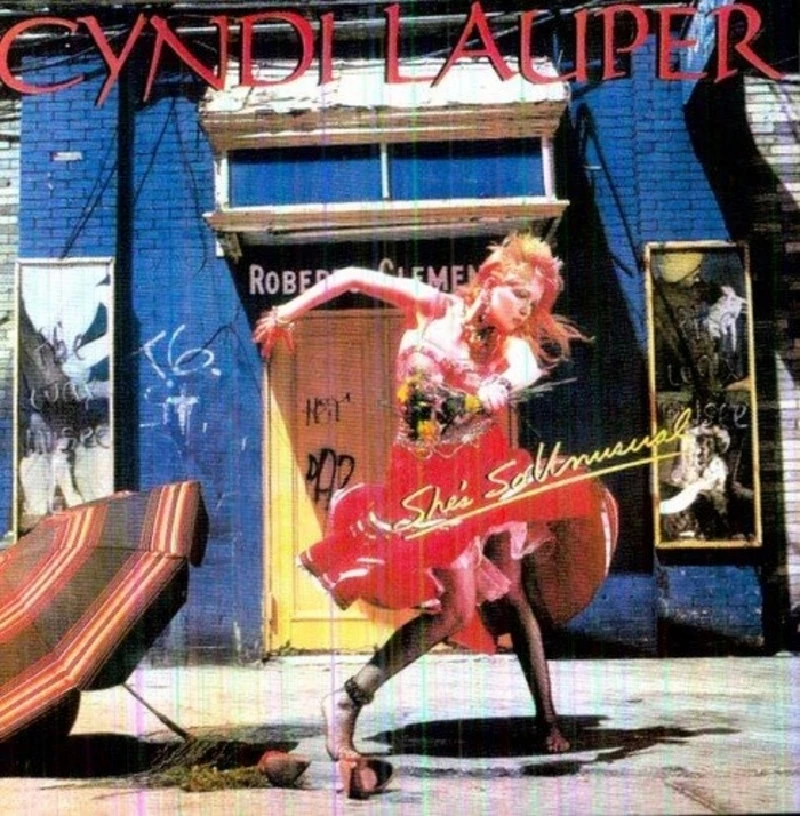

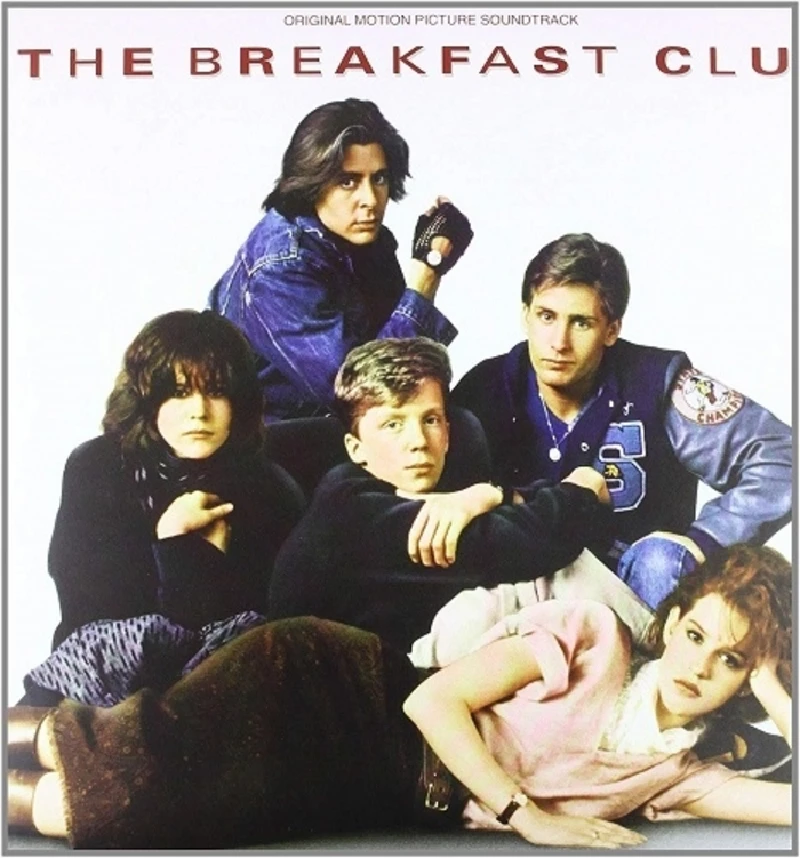
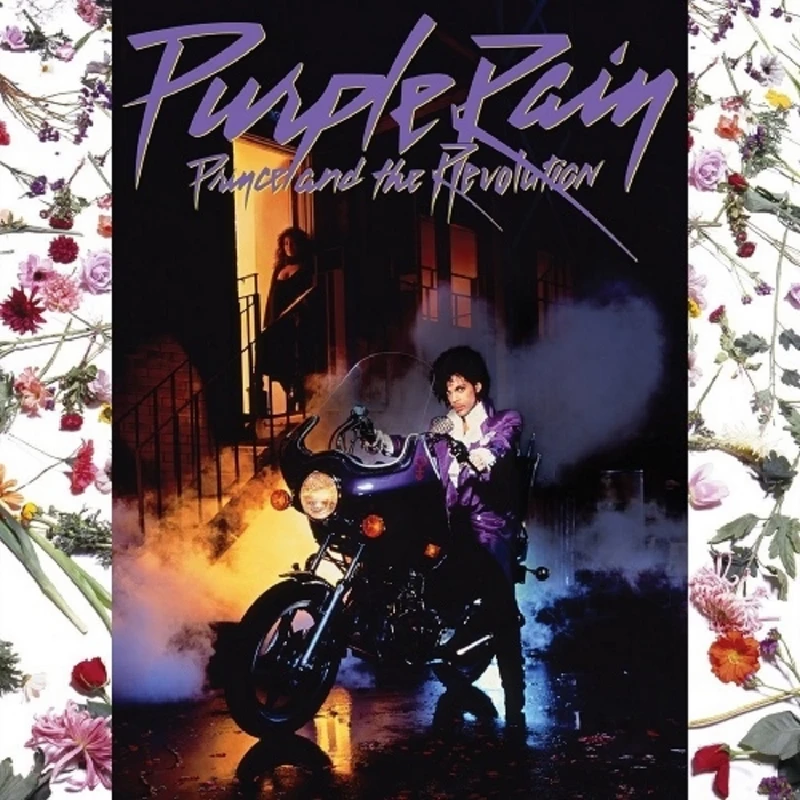
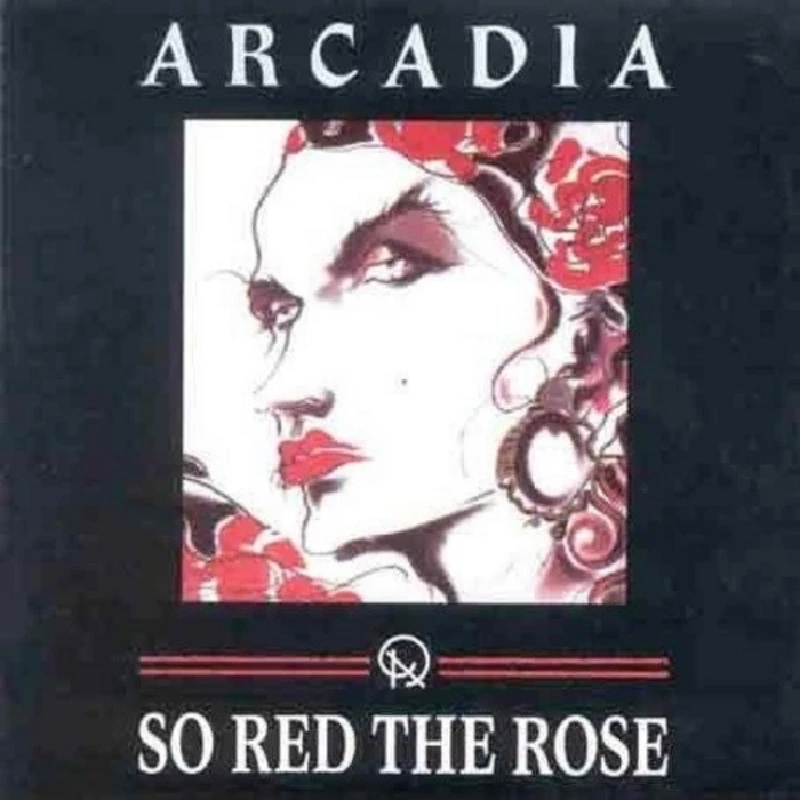
profiles |
|
Interview (2016) |
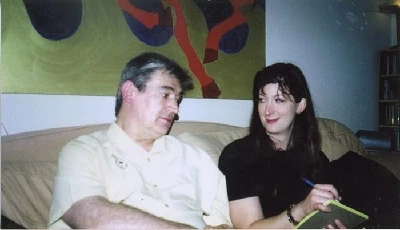
|
| Kimberly Bright speaks to John Clarkson about her biography 'Chris Spedding: Reluctant Guitar Hero', which has just been reissued in a tenth anniversary revised edition, and the difficulties of self-publishing |
most viewed articles
current edition
Carl Ewens - David Bowie 1964 to 1982 On Track: Every Album, Every SongArmory Show - Interview with Richard Jobson
Bathers - Photoscapes 1
Colin Blunstone - Thalia Hall, Chicago, 16/7/2025
Visor Fest - Valencia, Spain, 26/9/2025...27/9/2025
Billie Eilish - O2 Arena, London, 10/7/2025
John McKay - Interview
Robert Forster - Interview
Loft - Interview
the black watch - Interview
previous editions
Heavenly - P.U.N.K. Girl EPManic Street Preachers - (Gig of a Lifetime) Millennium Stadium, Cardiff, December 1999
Oasis - Oasis, Earl's Court, London, 1995
Paul Clerehugh - Interview
Trudie Myerscough-Harris - Interview
Beautiful South - Ten Songs That Made Me Love...
Pixies - Ten Songs That Made Me Love...
Doris Brendel - Interview
Prolapse - Interview
Simon Heavisides - Destiny Stopped Screaming: The Life and Times of Adrian Borland
most viewed reviews
current edition
Amy Macdonald - Is This What You've Been Waiting For?Sick Man of Europe - The Sick Man of Europe
Phew, Erika Kobayashi,, Dieter Moebius - Radium Girls
Alice Cooper - The Revenge of Alice Cooper
Davey Woodward - Mumbo in the Jumbo
Lucy Spraggan - Other Sides of the Moon
Blueboy - 2
Cynthia Erivo - I Forgive You
Vinny Peculiar - Things Too Long Left Unsaid
Philip Jeays - Victoria
Pennyblackmusic Regular Contributors
Adrian Janes
Amanda J. Window
Andrew Twambley
Anthony Dhanendran
Benjamin Howarth
Cila Warncke
Daniel Cressey
Darren Aston
Dastardly
Dave Goodwin
Denzil Watson
Dominic B. Simpson
Eoghan Lyng
Fiona Hutchings
Harry Sherriff
Helen Tipping
Jamie Rowland
John Clarkson
Julie Cruickshank
Kimberly Bright
Lisa Torem
Maarten Schiethart